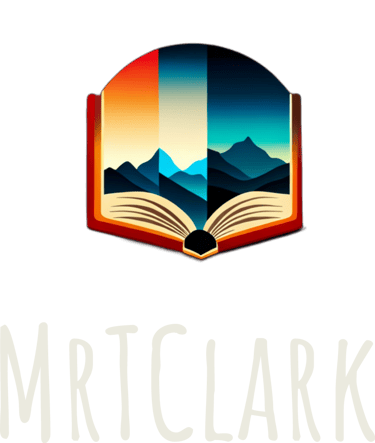Article 4: Methods and Strategies: 5E for ELL
This article showcases how integrating inquiry-based science and ELD strategies can support ELs in developing language skills and scientific knowledge. It advocates for a modified 5E lesson that is combined with ELD strategies (something we should be doing anyway) based on a research project done in a school district. It provides us with the framework for teaching science to ELs, addressing a conceptual understanding of scientific principles and facilitating English language development.
Students engage in inquiry as they use real-world materials to explore and encourage each other, which in turn generates peer dialogue and allows them to refine their thinking. This ensures the inquiry is not just about acquiring facts about science, but is about engaging in the practice of science, such as observing, questioning, analyzing, and communicating their findings. This brings the student to a state of higher-order thinking and generates a deeper understanding while also offering students ample opportunities to engage in language use and development.
The article discusses how technology can be integrated through the use of digital tools and resources that enhance the inquiry-based approach while also supporting language development. It highlights how using technology can offer students access to a more engaging, interactive, a differentiated form of content. Additionally, it can provide added support for ELs through the use of visual aids, simulations, and offer them opportunities to practice language development. Using technology in this manner will promote hands-on learning, which in turn brings about deeper thinking and learning, making the entry point for inquiry more accessible and engaging for all students, including ELs.
The article offers a well-thought-out plan for blending science with language development, especially with regard to ELs. As educators, we can leverage scientific inquiry into language learning, offering students a method to learn the content and develop language proficiency. This will help ELs overcome language barriers and equip them with the critical thinking skills they need to succeed academically and become proficient lifelong learners.
